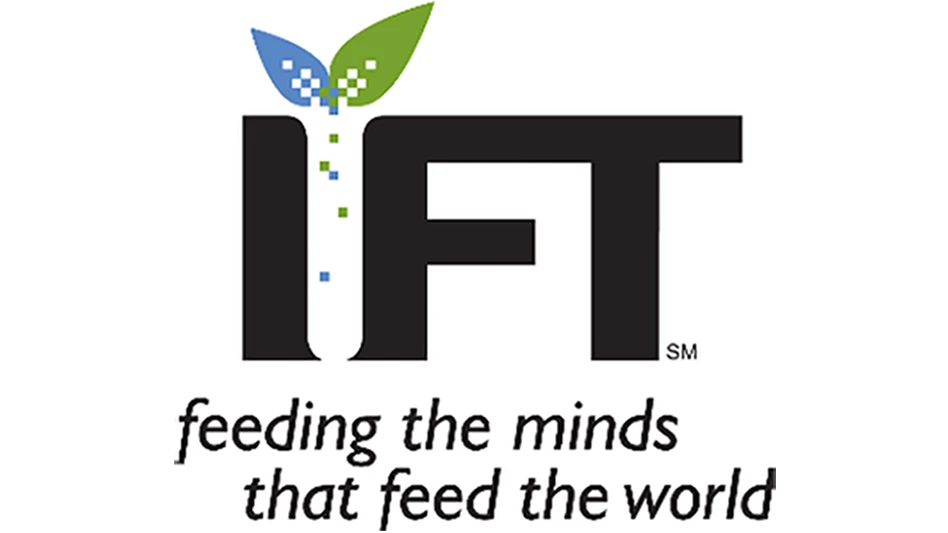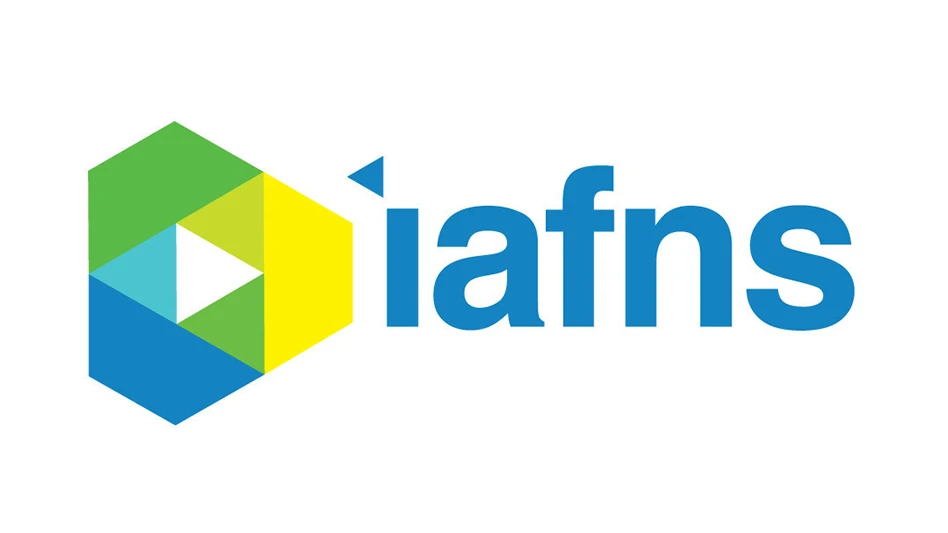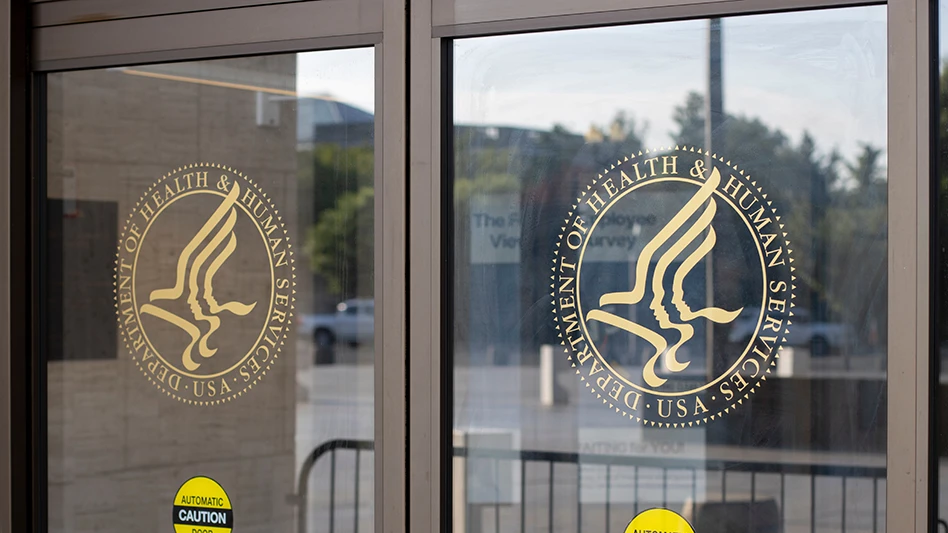
Institute of Food Technologists
CHICAGO — The Institute of Food Technologists (IFT), a nonprofit scientific organization committed to advancing the science of food and its application across the global food system, has released a whitepaper that examines global food insecurity and how to address one of the world’s biggest food challenges — food loss.
Food Science and Technology Solutions to Improve Food and Nutrition Security: Reducing Food Loss and Valorizing Food Processing Side Streams is the result of a virtual roundtable discussion by IFT’s Food & Nutrition Security Steering Committee (FNSSC) that outlined the challenges, solutions and opportunities in reducing food loss in the middle segment of the value chain, investing in valorization of food processing side streams and bringing the science of food into efforts aimed at mitigating food loss and waste.
“The numbers are staggering,” said IFT Chief Science and Technology Officer Bryan Hitchcock. “Approximately one-third of food globally is never consumed, contributing to over one billion tons of food wasted each year while costing the global economy approximately one trillion dollars annually. Food loss and waste truly is one of our greatest environmental, societal and economic problems. This whitepaper is not only a valuable resource toward addressing the food loss and waste crisis, but it’s a call to action to the food and technology community to unite behind science to help ensure global food security.”
Some of the challenges the global food community must address and overcome as outlined in the whitepaper are a lack of measurement and target setting, food safety concerns, consumer acceptance and awareness, technological feasibility and scalability, communication and collaboration across the value chain and limited policy and investment.
“To mitigate food loss, there must be more support for research and innovation in food science, technology solutions for developing new products from food processing side streams, as well as an increase in the technology available to preserve food,” added Anna Rosales, IFT’s senior director of government affairs and nutrition. “Strengthening coordinated efforts among public and private sectors, allocating resources dedicated to food science and technology solutions, and legislative action are also necessary to reducing food loss and waste while feeding the world.”
To download the whitepaper, click here.
Latest from Quality Assurance & Food Safety
- Kim Heiman Elected to Second Term as President of Wisconsin Cheese Makers Association
- FAO Launches $150 Million Plan to Restore Ukrainian Agricultural Production
- Pet Food Company Implements Weavix Radio System for Manufacturing Communication
- Penn State Offers Short Course on Food Safety and Sanitation for Manufacturers
- USDA Announces New Presidential Appointments
- FDA to Phase Out Petroleum-Based Synthetic Dyes in Food
- IFT DC Section to Host Food Policy Event Featuring FDA, USDA Leaders
- CSQ Invites Public Comments on Improved Cannabis Safety, Quality Standards





